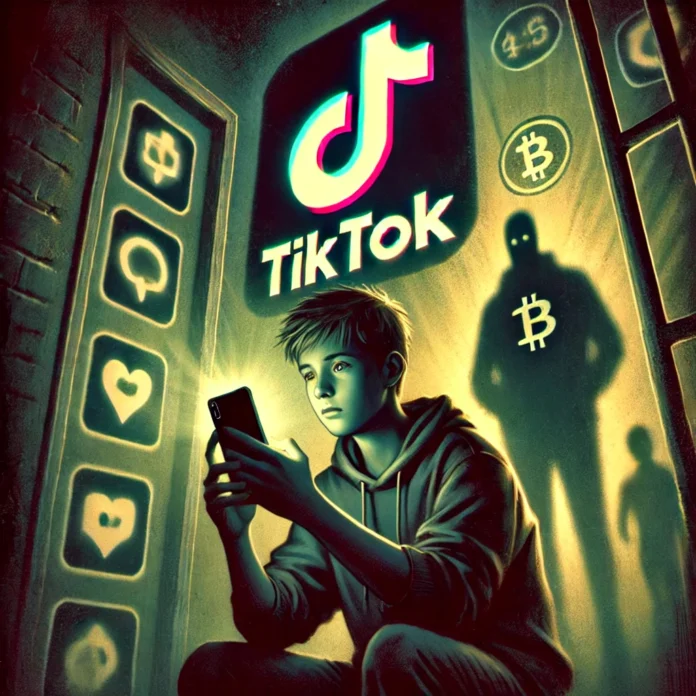Utah’s lawsuit against TikTok unveils shocking claims: the platform’s LIVE feature allegedly enables grooming of minors and criminal activities like money laundering.
Recently unsealed court records in Utah’s lawsuit against TikTok expose alarming allegations. The state claims TikTok’s LIVE feature facilitates the exploitation of minors through sexual content and serves as a conduit for money laundering. Despite internal investigations highlighting these risks, TikTok allegedly prioritized profits over safety, raising serious questions about its business practices.
Key Points
- Minors Exploited on TikTok LIVE
- TikTok LIVE incentivizes minors to perform explicit acts, with predators paying for virtual gifts convertible into cash.
- Internal investigations revealed 112,000 children (ages 13–15) bypassed the platform’s age restrictions in a single month.
- Criminal Activity Allegations
- TikTok’s virtual currency system was reportedly used for money laundering and funding illicit activities, including terrorism.
- Project Jupiter, TikTok’s internal probe, identified “major money laundering criminal patterns.”
- Utah’s Legal Battle
- Utah accuses TikTok of knowingly profiting from harmful practices.
- The lawsuit builds on an earlier case targeting TikTok’s “endless scrolling” feature designed to addict users.
- Corporate Denial
- TikTok denies the allegations, citing proactive safety measures and compliance efforts.
- Broader Implications
- The unsealed documents highlight systemic issues with regulating social media platforms and protecting vulnerable users.
Short Narrative
Utah’s legal battle against TikTok took a dramatic turn with the release of previously redacted court documents. The revelations paint a damning picture of TikTok LIVE, alleging that the platform enables predatory behavior and criminal activities. The state claims TikTok’s internal studies, such as Project Meramec and Project Jupiter, uncovered widespread exploitation but were ignored in favor of profit. Minors bypassed age restrictions, engaging with adult predators and performing sexually explicit acts in exchange for virtual currency—currency TikTok monetized.
Additionally, Utah accuses TikTok of allowing its virtual currency system to be exploited for money laundering, drug sales, and even funding terrorist organizations. These explosive allegations have ignited fierce debates about corporate responsibility in the digital age.





